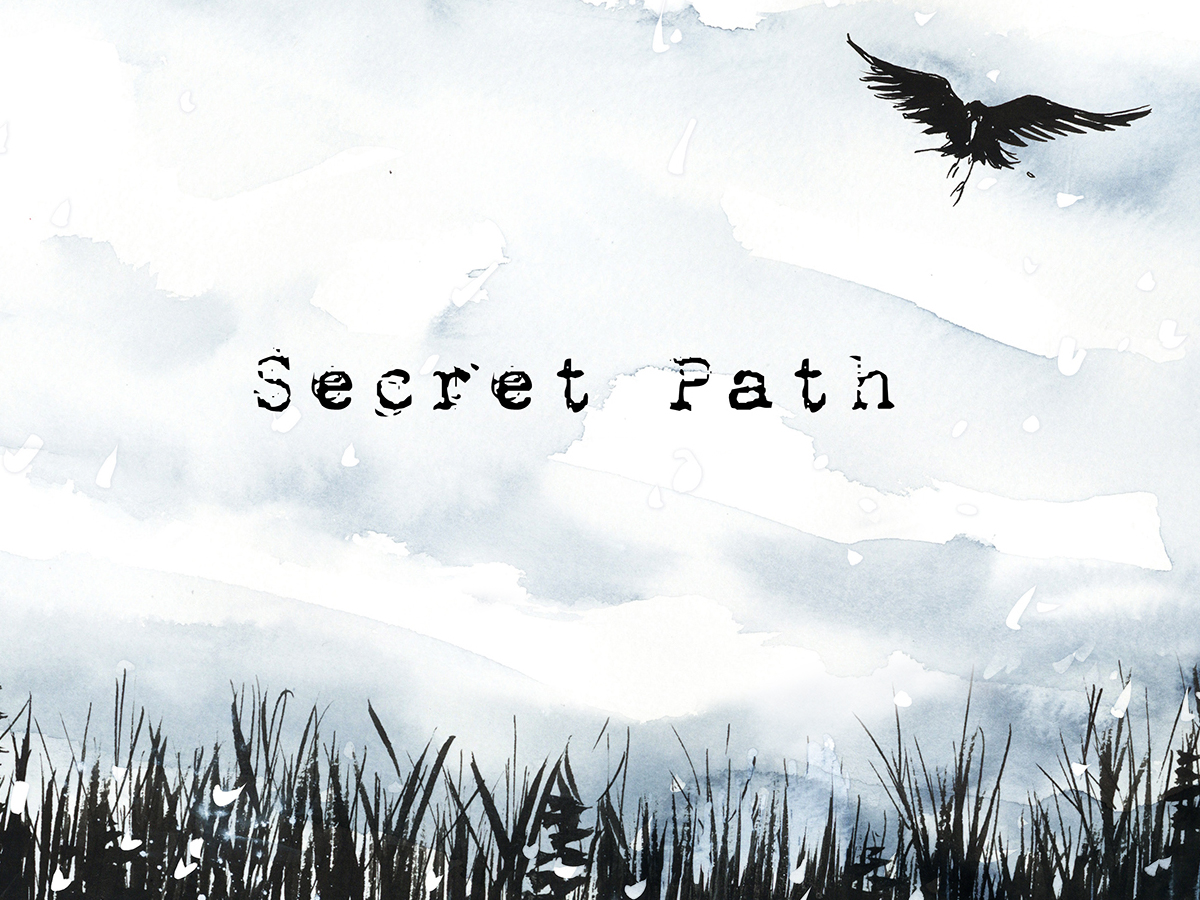This path may be less trodden, but the gates are open wide. * Certainly by now we have corrected the cause of exile. * A call to unity, towards shining the light of the “new Torah.”
By Rabbi Boruch Merkur

It is no secret that there are keys to redemption, that free ourselves, our minds, from the confines of exile.[1] Once unlocked, we are free to journey towards our rightful place, geula.
There is a path, however, that is already free and clear. The gates are unlocked and flung open. But it is a secret path.
This path is no journey. It is being there already:
The call to heightened concern for others[2] epitomizes and embodies the upcoming redemption - not (just) as it uproots the cause of exile (which is a result of “baseless hatred,” the opposite of Ahavas Yisroel[3]), but as an opportunity to experience a preview of the redemption itself.
Having completed the “42 journeys” in “the wilderness of the nations,” we have advanced beyond the point required to reach. The Jewish people have completed their mission in exile, in terms of their practical accomplishments (maaseh), as well as character refinement (avoda).
We presently stand on the threshold of redemption, “at the Jordan, near Jericho” (the level of Moshiach, who “judges with the sense of smell”[4]). Certainly by now we have corrected the cause of exile.
Now the call to ahavas Yisroel is as a preview experience – in fact, the beginning - of the true and complete redemption.
Love of one’s fellow in this era is connected with Jewish solidarity that transcends division. Spiritually, this level of unity corresponds to the Yechida (the fifth and highest dimension of the soul), which all Jews possess equally. The Yechida is the Divine spark we all have, rooted in the soul of Moshiach, who is the Yechida Klalis, the all-inclusive soul.
In this sense, the meaning of “(Be of the disciples of Aharon - love peace, pursue peace, love G-d’s creatures and) bring them close to Torah”[5] can also be understood as referring to welcoming others to study the Torah of the Future Era - “A new Torah will emerge from Me.”[6]
*
Not everyone has to start out as a Torah scholar to experience the new Torah of Moshiach. We are promised to become a nation of great sages, but there is a process - and it starts from exactly where you are right now. The authentic you. No journey required.
It is the mystic soul of the leader of the Jewish people, the all-encompassing root soul of Moshiach, that uplifts us towards true devotion to Torah. Rebbi Shimon bar Yochai, author of the Zohar, tells us all to “shine (zahir) in saying Shma” - articulating G-d’s unity, giving ourselves away to Him to do so – “and in t’filla, prayer.”
Rebbi Shimon was the scholar extraordinaire. His entire occupation was Torah, “Toraso umnaso.” He even ruled that Torah study should not be interrupted for prayer. Yet “Rebbi Shimon strives for the benefit of those who still did not attain the height of ‘Toraso umnaso.’”[7] The tzaddik is the source of our ability, through t’filla, to “shine” with the brilliance of his Torah achievements (until this process itself elevates us to the level of “Toraso umnaso”[8]). Shining, authentic prayer brings unity, joining us to our Divine core.
How does Rebbi Shimon have the power to grant this unity, especially since “Torah is his occupation,” not t’filla? Because there is an aspect of Torah that resembles t’filla. Namely, how after Torah is spoken - “words of the living G-d” - those words are subject to interpretation and debate.[9]
There is meant to be unity and open communication among the luminaries of the Torah. The new Torah will shine from those who strive for authentic, inclusive unity among all Jews.
*
NOTES:
[1] Giving charity, for example, “brings redemption closer.” Or, Moshiach comes when “the wellsprings of Chassidus are spread outward.”
[2] the Mitzva of Ahavas Yisroel, love of one’s fellow Jew.
[3] Yuma 9b
[4] Sanhedrin 93b
[5] Avos 1:12
[6] Seifer HaSichos 5751, pg. 717-718
[7] Ibid pg. 718
[8] Ibid pg. 719
[9] Ibid